Home>Storage Ideas>Kitchen Storage>Should Kitchen Countertops Be Light Or Dark? Designers Explain The Pros And Cons
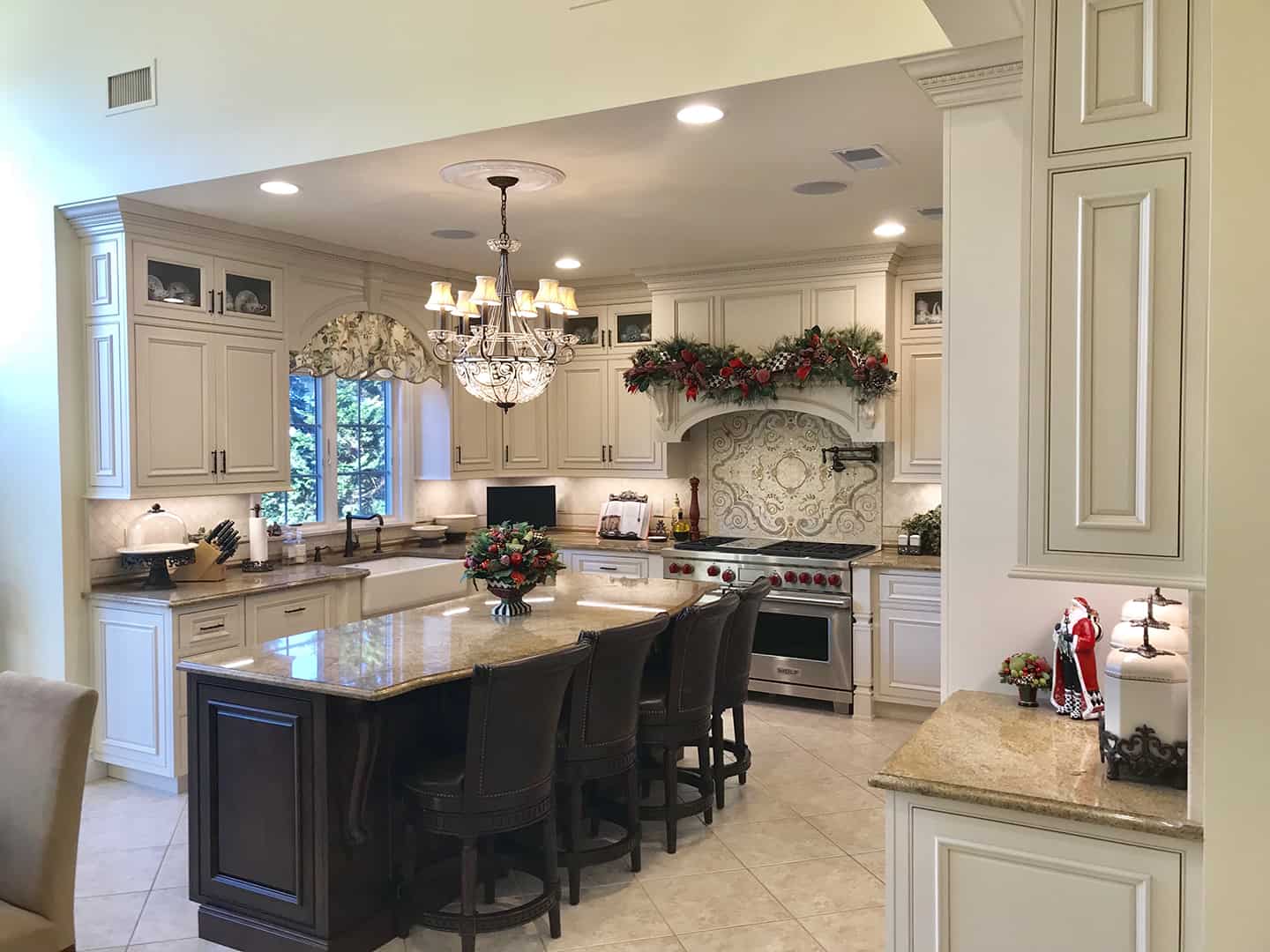

Kitchen Storage
Should Kitchen Countertops Be Light Or Dark? Designers Explain The Pros And Cons
Modified: January 19, 2024
Learn from designers the pros and cons of light and dark kitchen countertops. Discover the best kitchen storage ideas for your space.
(Many of the links in this article redirect to a specific reviewed product. Your purchase of these products through affiliate links helps to generate commission for Storables.com, at no extra cost. Learn more)
Introduction
Kitchen countertops play a vital role in the overall design and functionality of a kitchen. They not only provide a workspace for meal preparation but also add aesthetic appeal to the space. One important decision homeowners often face when choosing countertops is whether to opt for light or dark colors. The choice between light and dark countertops can greatly impact the overall look and feel of the kitchen. In this article, we will explore the pros and cons of both light and dark countertops, helping you make an informed decision for your kitchen remodel or upgrade.
Key Takeaways:
- Light countertops offer a timeless, versatile, and bright aesthetic, but require regular maintenance and may be prone to staining. Consider your kitchen’s natural light and your cleaning preferences before making a decision.
- Dark countertops exude sophistication, create striking contrasts, and are low maintenance, but may make a kitchen appear smaller and limit design options. Balance your preference for elegance with the need for a bright, open space.
Light Countertops
Light countertops have gained popularity in recent years for their ability to create a bright, airy, and open feel in the kitchen. They are known for their versatility, as they can easily blend with a variety of kitchen styles, from traditional to modern. Light countertops come in a range of colors, including white, cream, beige, and light gray. Let’s delve into the pros and cons of choosing light countertops for your kitchen.
Pros of Light Countertops
- Enhances Brightness: Light countertops have the ability to reflect natural and artificial light, making the kitchen appear brighter and more spacious.
- Creates an Illusion of Bigger Space: If you have a small kitchen, opting for light countertops can make it appear larger and more open.
- Timeless Appeal: Lighter shades of countertops have a classic and timeless look that can withstand changing design trends. They can easily blend with different kitchen décor styles and color schemes.
- Shows Less Stains and Scratches: Light countertops tend to camouflage stains and scratches more effectively compared to darker ones, making them easier to maintain and keep looking clean.
Cons of Light Countertops
- Requires Regular Cleaning: Light-colored countertops are more prone to showing dirt, spills, and stains. Regular cleaning and maintenance are necessary to keep them looking pristine.
- Prone to Stains and Discoloration: Light shades are more susceptible to staining from food, beverages, and cooking oils. Certain substances, like red wine or beet juice, can leave permanent stains on light countertops.
- High Contrast: Light countertops can create a sharp contrast with darker cabinets or flooring, which may or may not be desirable depending on the overall aesthetic you want to achieve in your kitchen.
Pros of Light Countertops
Light countertops offer a range of benefits that make them a popular choice for kitchen designs. Here are some of the advantages of having light-colored countertops:
- Bright and Airy: Light countertops have the ability to brighten up a kitchen space. By reflecting light, they create a sense of openness and can make a small kitchen appear larger. This is particularly beneficial in kitchens with limited natural light or those that are situated in smaller spaces.
- Timeless and Versatile: Light-colored countertops have a timeless appeal that can effortlessly blend with various kitchen design styles. Whether your kitchen has a traditional, modern, or transitional theme, light countertops can complement the overall aesthetic. They serve as a neutral backdrop that allows other design elements to shine.
- Increases Perceived Value: Light countertops are often associated with luxury and high-end kitchens. By choosing light-colored countertops, you can add perceived value to your home, making it more appealing to potential buyers in the future.
- Easy to Coordinate: Light countertops offer a wide color palette, ranging from pure white to soft creams and light grays. This makes it easier to coordinate them with other elements in the kitchen, such as cabinets, backsplash tiles, and flooring. Light countertops can serve as a blank canvas, allowing you to experiment with various color schemes and design combinations.
- Camouflages Minor Imperfections: Light countertops tend to hide small scratches, stains, and crumbs better than their darker counterparts. While regular cleaning and maintenance are still necessary, light-colored surfaces are generally more forgiving in terms of concealing slight wear and tear.
These pros demonstrate why light countertops are a popular choice for many homeowners. However, it’s important to consider the cons as well to make an informed decision. Let’s now explore the cons of light countertops.
Cons of Light Countertops
While light countertops offer numerous advantages, it’s essential to consider the potential drawbacks before making a decision. Here are some cons to keep in mind when considering light-colored countertops:
- Stains and Discoloration: Light countertops are more prone to showing stains and discoloration from spills, food, and liquid substances. Dark-colored liquids like red wine or juices can leave noticeable stains on light surfaces if not cleaned up promptly.
- Regular Maintenance: Light countertops require more frequent cleaning and maintenance to keep them looking pristine. Any spills or stains should be promptly cleaned to prevent permanent damage. Regular wiping, sealing (if needed), and using appropriate cleaning products are necessary to maintain the countertop’s appearance.
- Visible Scratches: Light-colored countertops may show scratches more clearly, especially if they have a glossy finish. While minor scratches can be easily buffed out, deeper scratches may be more noticeable and require professional repair or refinishing.
- High Maintenance for Busy Kitchens: If your kitchen experiences heavy use or has a lot of foot traffic, light countertops might require more upkeep. Busy kitchens with children or avid cooks may find it challenging to keep light surfaces free from stains, fingerprints, and other signs of wear.
- Contrasting Cabinets: Light countertops can create a high contrast when paired with dark-colored cabinets. This can be an advantage if you want to create a bold and dramatic design, but it may not be the desired effect if you prefer a more cohesive and blended look in your kitchen.
Considering these cons alongside the pros will help you determine if light countertops are the right choice for your kitchen. It’s important to think about your lifestyle, maintenance preferences, and overall design goals before making a final decision.
Dark Countertops
Dark countertops have a unique charm and elegance that can enhance the overall aesthetic of a kitchen. They can create a bold and striking focal point, adding depth and richness to the space. Dark countertops come in various shades, including black, dark gray, brown, and even deep blues or greens. Let’s explore the pros and cons of choosing dark countertops for your kitchen.
Pros of Dark Countertops
- Sophisticated and Modern: Dark countertops have a contemporary and luxurious appeal. They can create a chic and stylish look in any kitchen, adding a touch of sophistication to the space.
- Contrasting Visual Impact: When paired with lighter cabinets or flooring, dark countertops create a striking contrast that can make a bold design statement. This contrast adds visual interest and depth to the kitchen and can make lighter elements stand out even more.
- Masking Stains and Scratches: Dark countertops are generally better at concealing stains, spills, and scratches compared to lighter surfaces. The dark color can help camouflage minor imperfections, making them more forgiving in terms of maintenance.
- Low Maintenance: Dark countertops may require less frequent cleaning and maintenance compared to lighter ones since they are less likely to show stains and marks. While regular cleaning is still necessary, they tend to be more forgiving when it comes to daily wear and tear.
Cons of Dark Countertops
- Lack of Brightness: Dark countertops can absorb light rather than reflect it, which can make the kitchen appear smaller and potentially dimmer, especially in spaces with limited natural light. This is an important consideration, particularly if you have a small kitchen or a desire for a bright and open-looking space.
- Scratch and Dust Visibility: While dark countertops may mask minor scratches and stains, they tend to make dust, crumbs, and water spots more visible. Regular cleaning and maintenance are necessary to keep them looking clean and free of surface debris.
- Design Limitations: Dark countertops may limit your options when it comes to color coordination and design choices. They can be more challenging to pair with certain cabinet colors, backsplash designs, and flooring options. It’s important to carefully consider other design elements in the kitchen to ensure a cohesive and harmonious overall look.
- Temperature Sensitivity: Dark countertops tend to absorb heat more than light-colored ones. If you frequently work with hot pots and pans directly on the countertop surface, it’s important to use trivets or hot pads to protect the countertop from potential heat damage.
Read more: Should Bathrooms Be Light Or Dark?
Pros of Dark Countertops
Dark countertops offer a range of advantages that make them an appealing choice for many homeowners. Here are some of the pros of incorporating dark-colored countertops into your kitchen:
- Sophisticated and Elegant: Dark countertops exude a sense of sophistication and elegance. They can instantly elevate the overall aesthetic of a kitchen, giving it a luxurious and high-end look. The deep hues add depth and richness to the space, creating a captivating visual impact.
- Contrasting Focal Point: Dark countertops create a striking contrast when paired with lighter cabinets, walls, or flooring. This contrast can serve as a focal point in the kitchen, drawing attention to the countertops and making them a standout element of the design.
- Durable and Resilient: Dark-colored countertops are typically made from durable materials, such as granite or quartz, which can withstand daily wear and tear. They are less prone to showing scratches, stains, and marks, making them a practical choice for busy kitchens.
- Low Maintenance: Dark countertops are relatively low maintenance, as they can conceal dirt, crumbs, and minor surface imperfections. Regular cleaning with a mild detergent and wiping with a non-abrasive cloth are usually sufficient to keep them looking clean and free of debris.
- Versatile Palette: Dark countertops come in a variety of shades, ranging from sleek black to deep gray or brown tones. This wide range of options allows for versatility in design, making it easier to match the countertops with different kitchen styles and color schemes.
With their sophisticated appeal and ability to create a stunning focal point, dark countertops can bring a touch of elegance to your kitchen. However, it’s important to consider the cons as well to make an informed decision. Let’s now explore the cons of dark countertops.
Light countertops can make a small kitchen feel more spacious and bright, while dark countertops can add a sense of drama and sophistication. Consider the overall design and lighting of the space when choosing between light or dark countertops.
Cons of Dark Countertops
While dark countertops offer many benefits, it’s important to consider the potential drawbacks before making a decision. Here are some cons to keep in mind when considering dark-colored countertops:
- Lack of Brightness: Dark countertops can absorb light rather than reflect it, which can make the kitchen appear smaller and potentially dimmer, especially in spaces with limited natural light. If you prefer a bright and open-looking space, dark countertops may not be the best choice for you.
- Showcases Dust and Debris: Dark countertops tend to show dust, crumbs, and water spots more easily compared to their lighter counterparts. Regular cleaning and diligent maintenance are necessary to keep them looking clean and free of surface debris.
- Design Limitations: Dark countertops can limit your options when it comes to color coordination and design choices. They may be more challenging to pair with certain cabinet colors, backsplash designs, and flooring options. It’s important to carefully consider other design elements in the kitchen to ensure a cohesive and harmonious overall look.
- Heat Sensitivity: Dark countertops can absorb and retain heat more than lighter ones. If you frequently place hot pots and pans directly on the countertop surface, it’s important to use trivets or hot pads to protect the countertop from potential heat damage.
- May Require More Frequent Cleaning: While dark countertops are generally low maintenance in terms of concealing stains and scratches, they may require more frequent cleaning to maintain their appearance. Fingerprints, smudges, and water marks may be more visible on dark surfaces, requiring regular wiping and cleaning to keep them looking their best.
Considering these cons alongside the pros will help you determine if dark countertops are the right choice for your kitchen. It’s important to think about your preferences, maintenance commitments, and overall design goals before making a final decision.
Conclusion
When it comes to choosing between light and dark countertops for your kitchen, there are several factors to consider. Light countertops can create a bright and airy feel, make small kitchens appear larger, and offer a timeless appeal. However, they may require more frequent cleaning and can be prone to staining. On the other hand, dark countertops bring a touch of sophistication, create striking contrasts, and tend to conceal scratches and stains better. Yet, they may make a kitchen appear smaller, require more maintenance to keep them looking clean, and limit design options.
Ultimately, the decision should be based on your personal preferences, design goals, and maintenance capabilities. Consider the amount of natural light in your kitchen, the overall aesthetic you want to achieve, and your willingness to maintain the countertops accordingly.
If you’re unsure about making a decision, you can also consider compromizing with contrasting elements. For example, you may opt for light countertops with dark cabinets or vice versa. This can create a well-balanced and visually appealing design in your kitchen.
Remember to thoroughly research and explore various countertop materials, finishes, and color options. Consult with kitchen designers or professionals to get expert advice and guidance based on your specific needs and preferences.
Whether you choose light or dark countertops, the most important thing is to create a kitchen space that reflects your personal style and meets your functional needs. By carefully weighing the pros and cons, you can make an informed decision that will result in a beautiful and functional kitchen that you will enjoy for years to come.
Frequently Asked Questions about Should Kitchen Countertops Be Light Or Dark? Designers Explain The Pros And Cons
Was this page helpful?
At Storables.com, we guarantee accurate and reliable information. Our content, validated by Expert Board Contributors, is crafted following stringent Editorial Policies. We're committed to providing you with well-researched, expert-backed insights for all your informational needs.
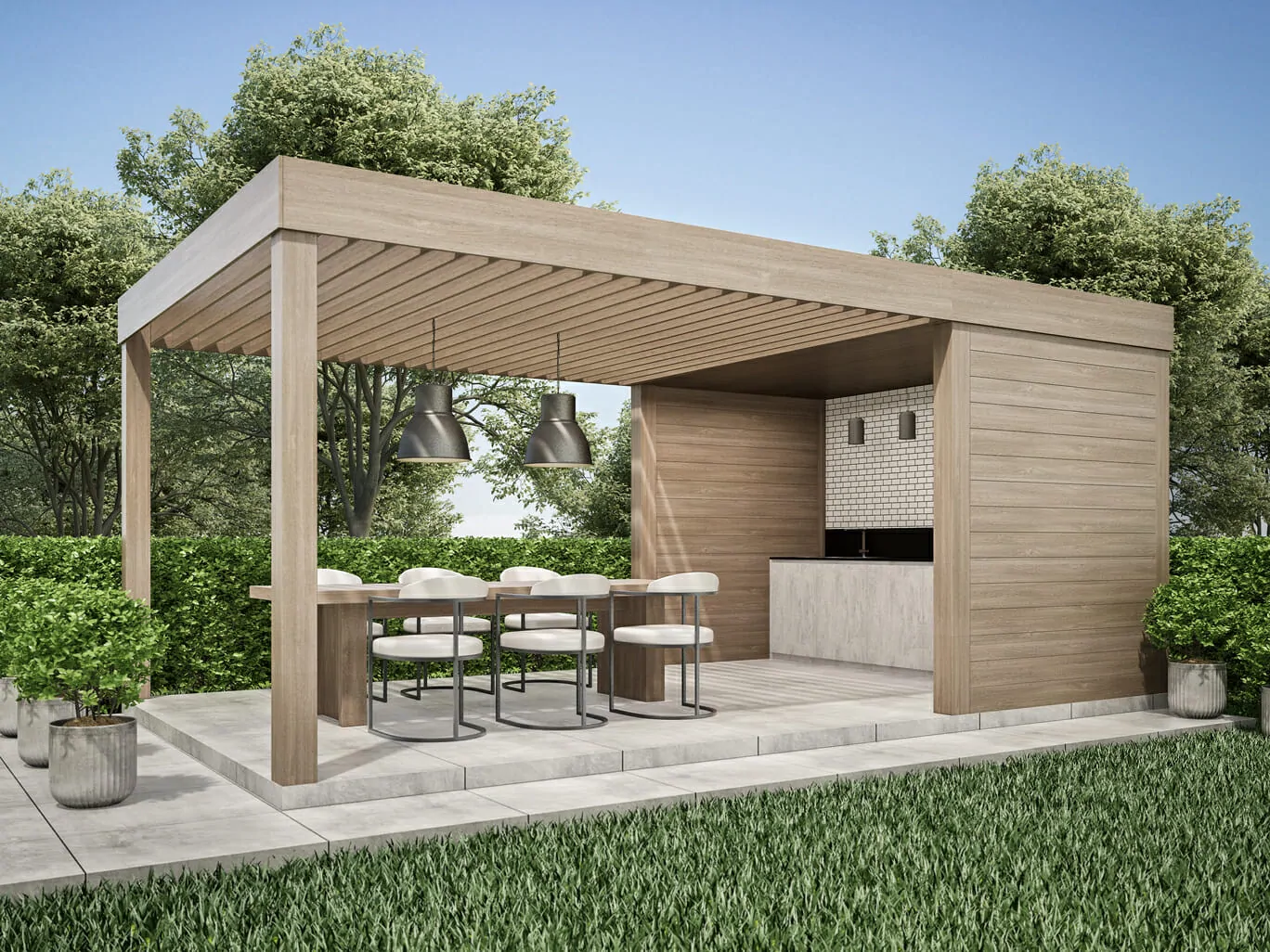
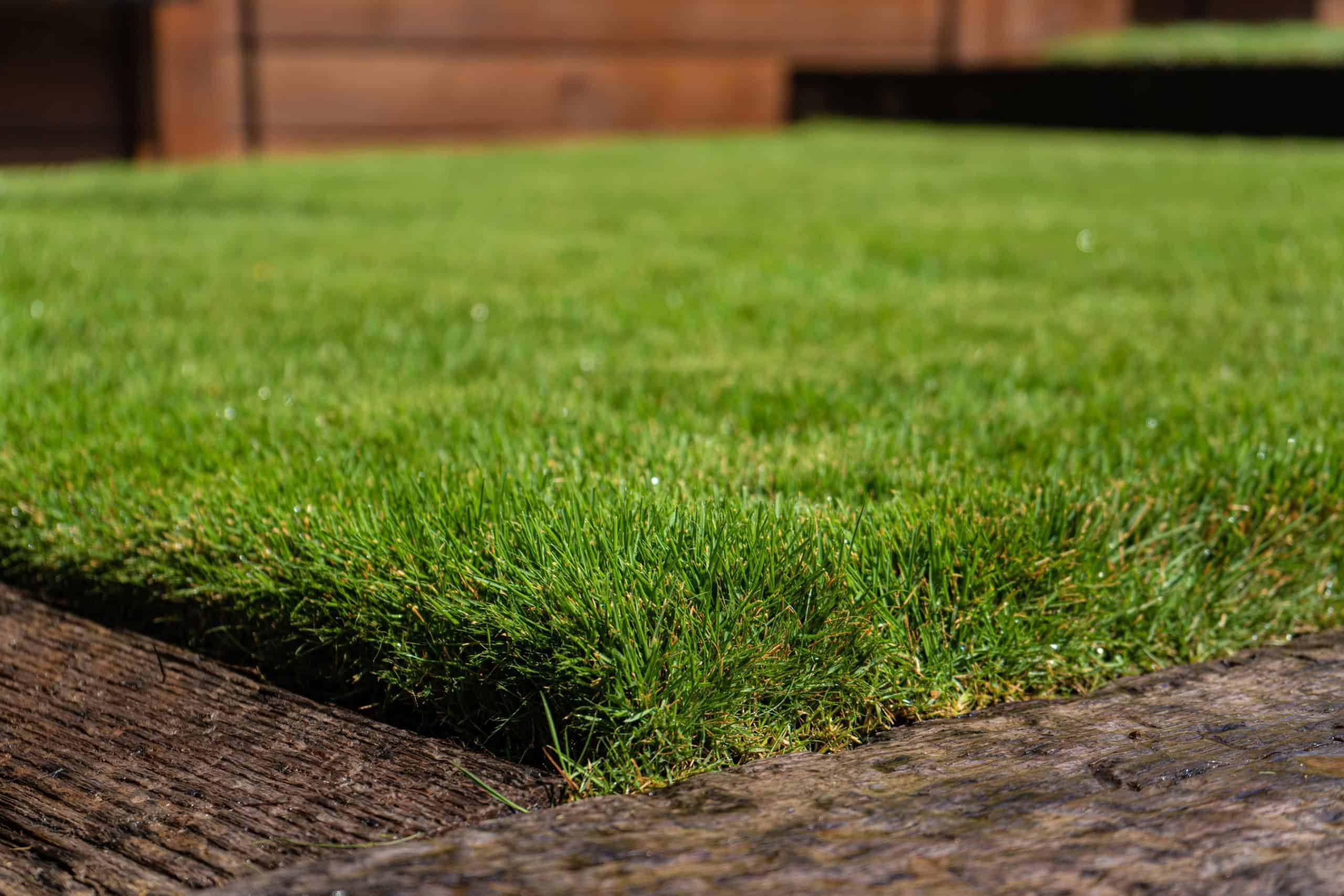
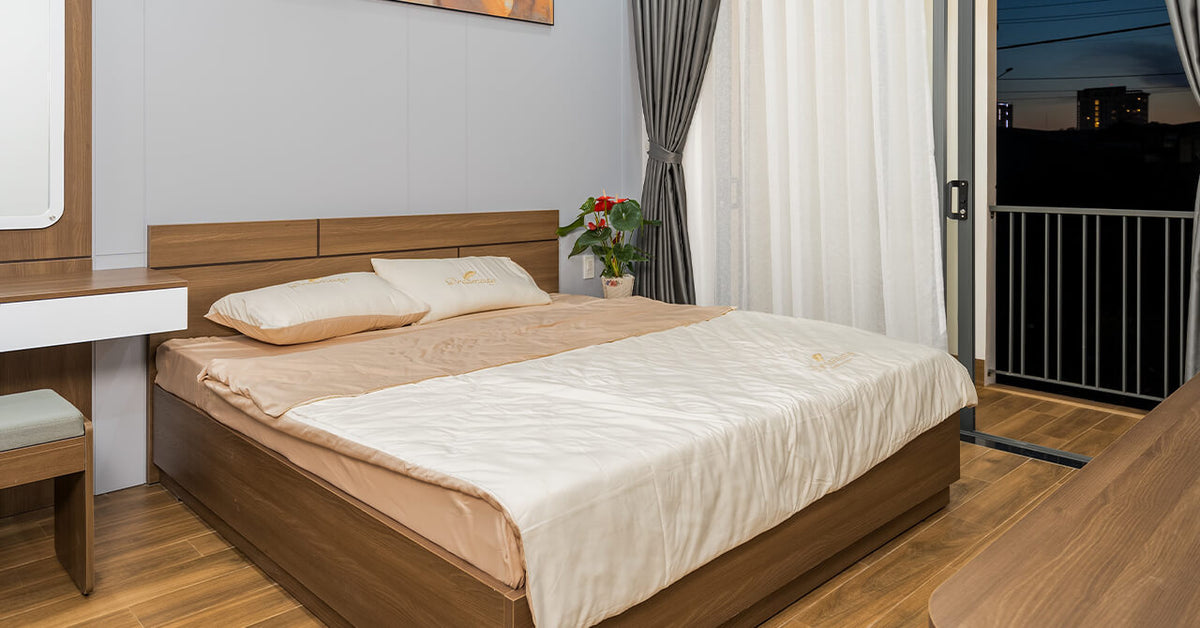

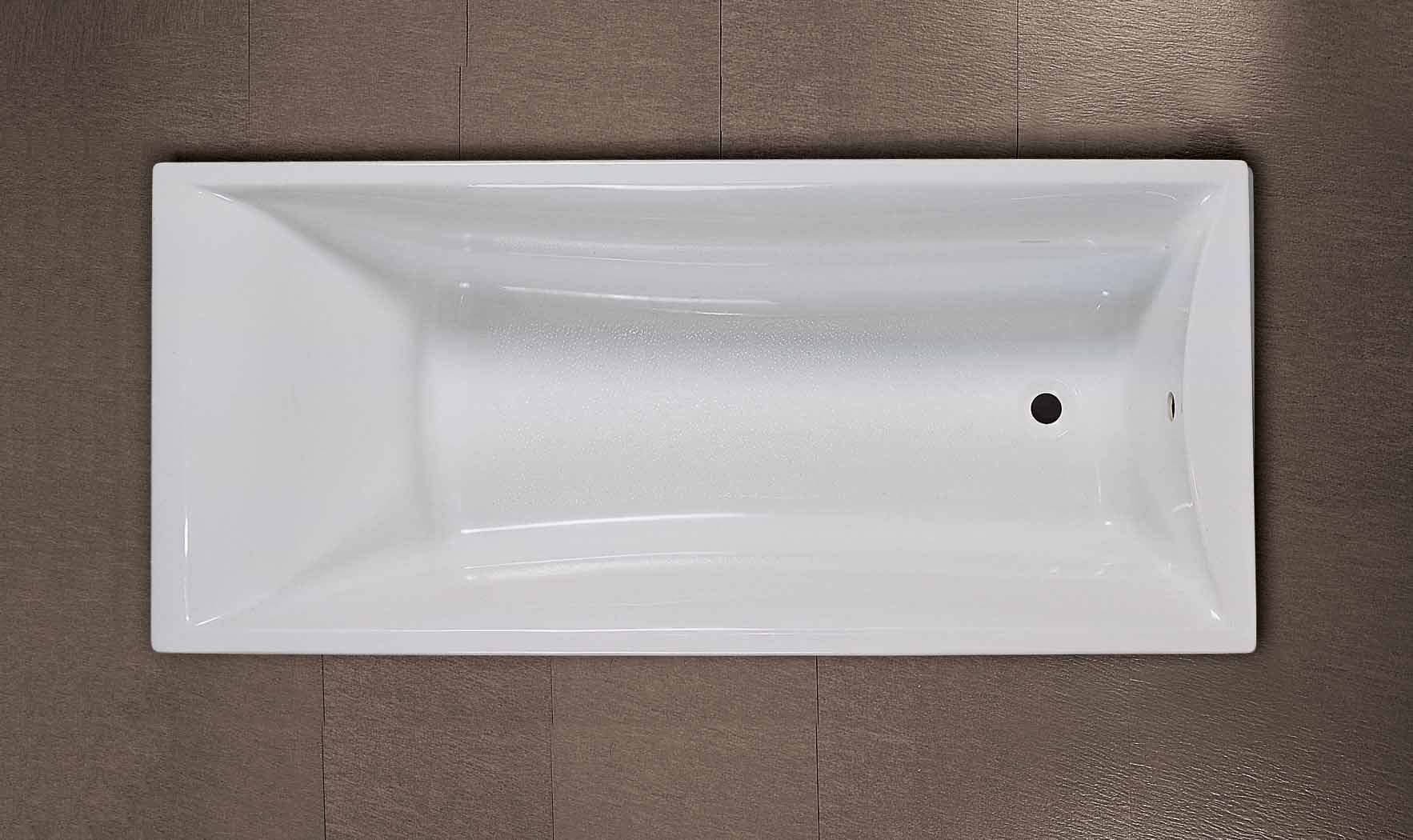

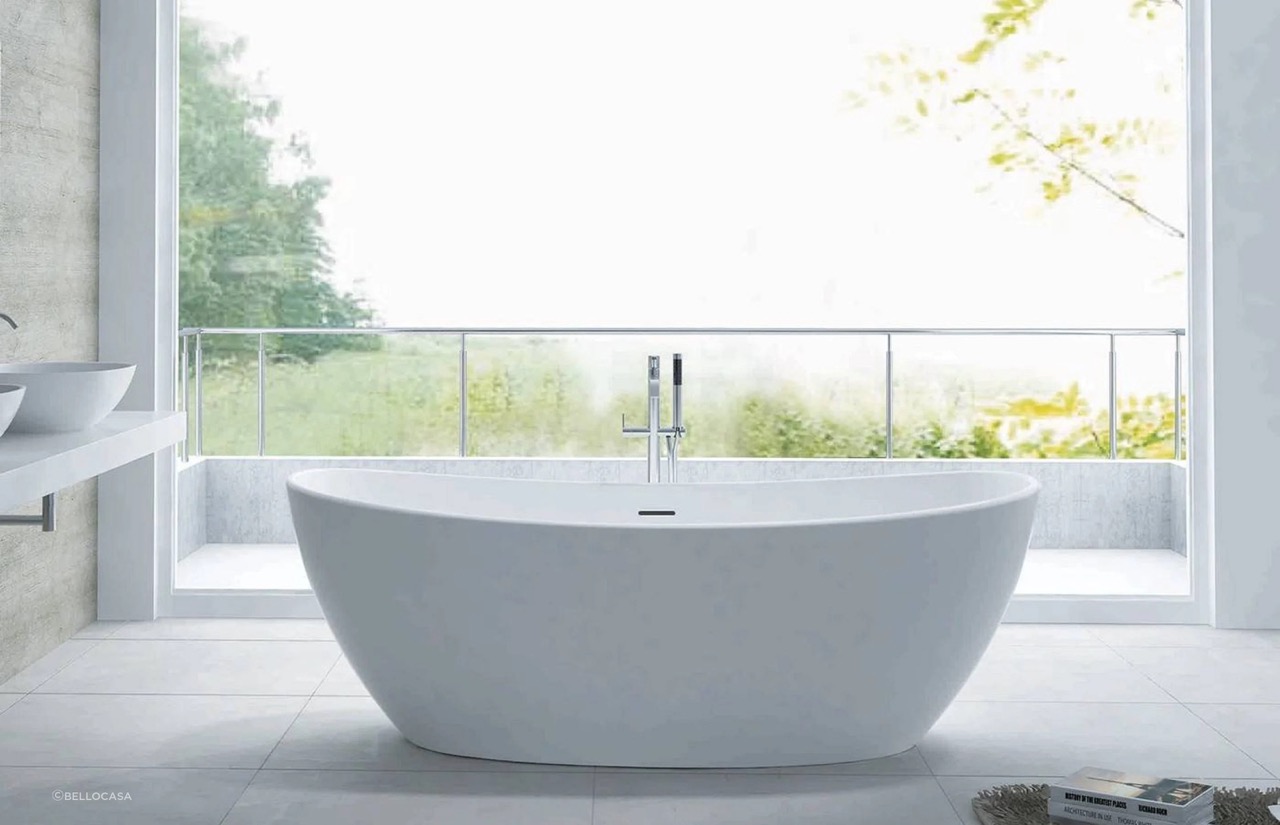
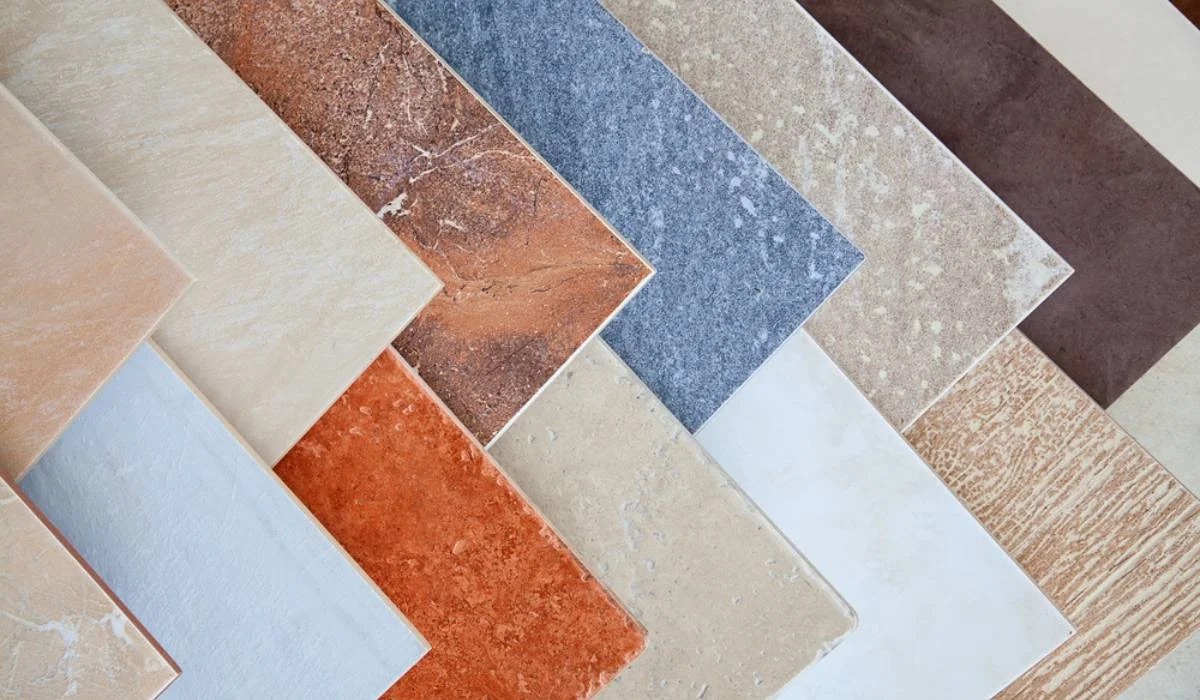
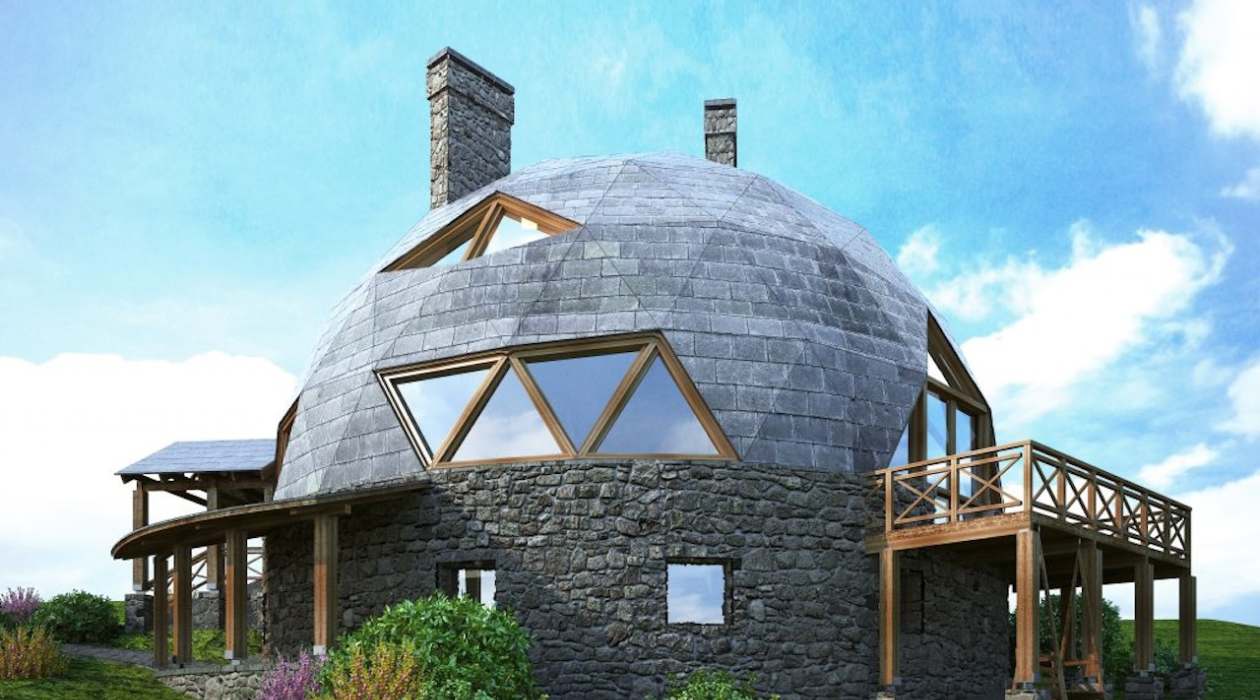


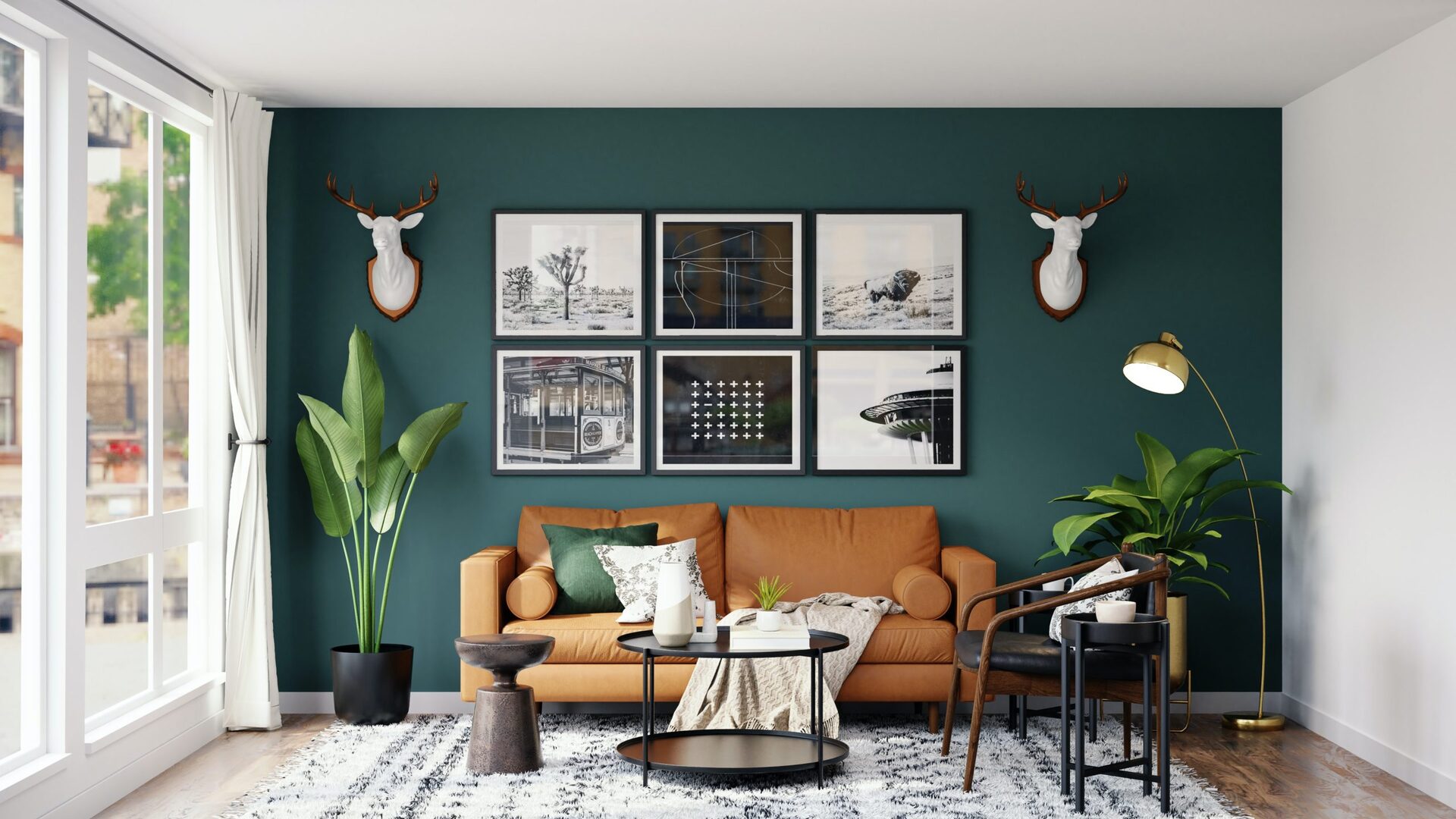
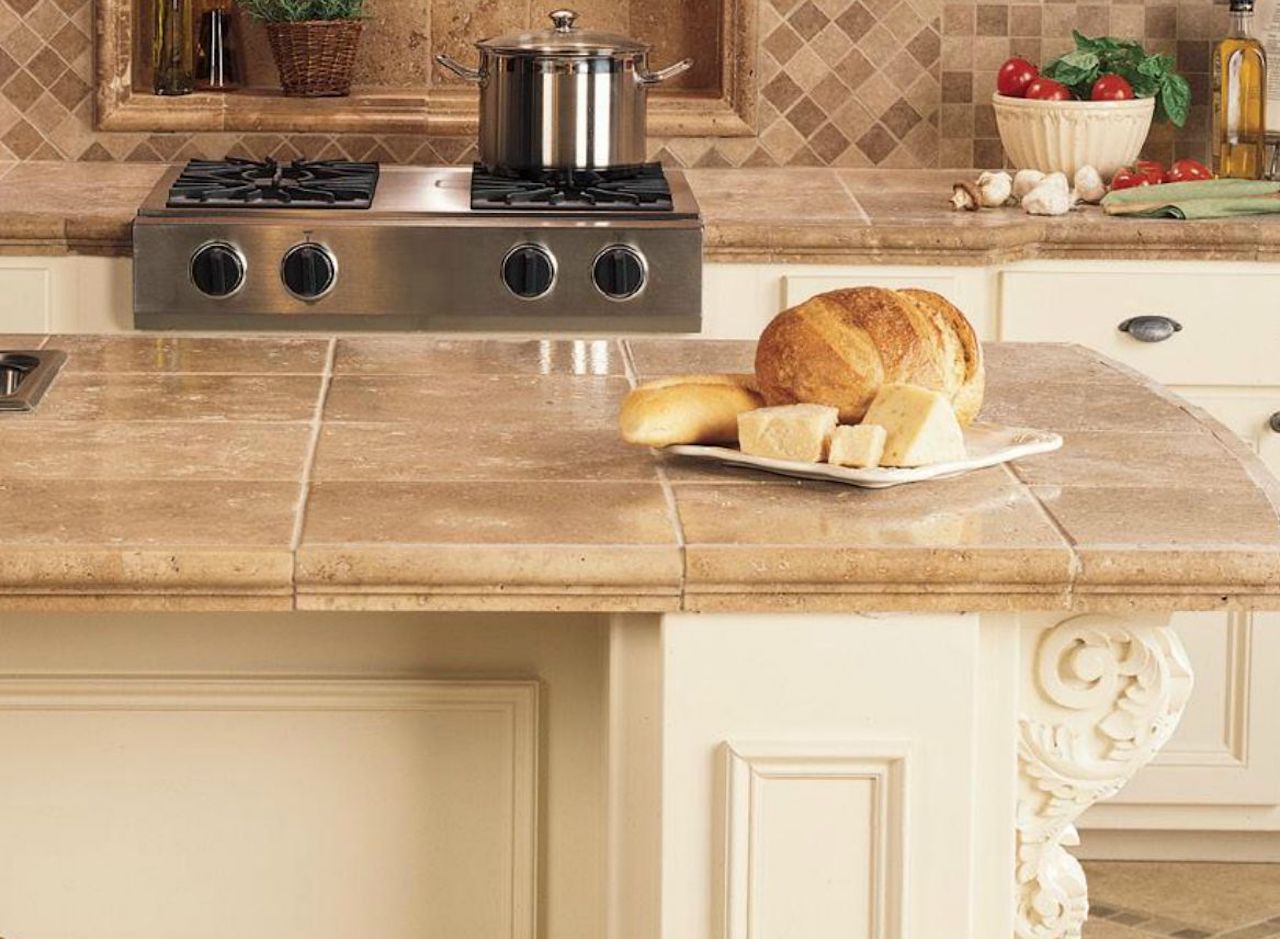

0 thoughts on “Should Kitchen Countertops Be Light Or Dark? Designers Explain The Pros And Cons”